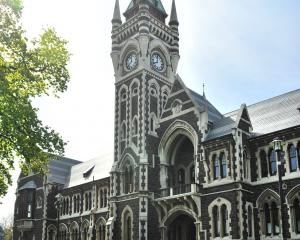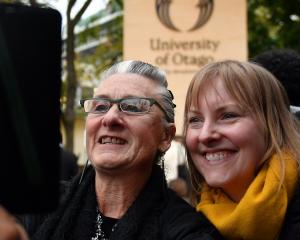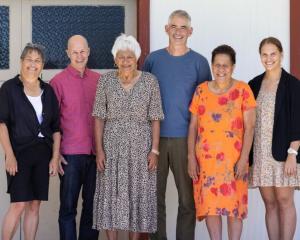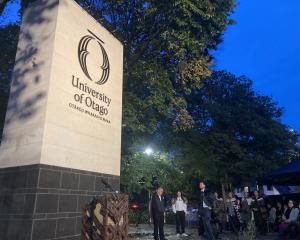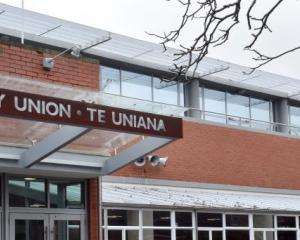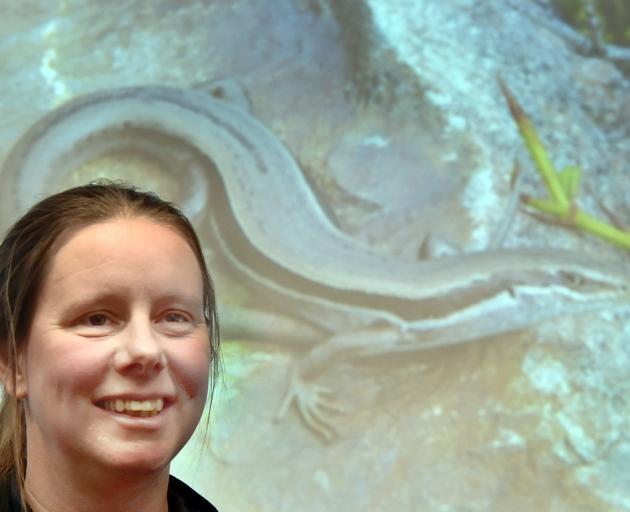
The Department has been tasked by government to find savings equivalent to 6.5% for the next financial year, and earlier this week its leadership team has signalled changes that could lead to more than 130 jobs lost nationwide.
Otago University senior lecturer in ecology Dr Jo Monks, who used to work for Doc as a science adviser, said it could have serious effects down the line.
"Cutting the conservation budget will only exacerbate the diminishing trust that Aotearoa is worthy of the ‘clean, green’ image pitched to the international market."
In a previous restructure Doc invested significantly in commercial partnerships for revenue, but many of these jobs would be lost in the upcoming cuts, Dr Monks said.
"It is unclear whether Doc will be able to maintain the relationships underpinning this revenue stream."
Reducing by half the amount of resource management case advocacy carried out was one of the most alarming components of the proposed cuts, she said.
"Doc already has very limited capacity to invest in resource management cases, leaving Forest and Bird and other organisations to advocate for the environment in many important cases.
"However, reducing already very low investment in resource management will inevitably cause further harm to biodiversity protections."
Regional planners were in the firing line in these cuts, with capacity halved, meaning less support for delivery of conservation services, she said.
"Regional operations will also receive less science and technical support, less geospatial support and less resource management support from specialists due to cuts in these areas.
"Support staff remaining will be stretched to service the demands of the delivery part of the organisation."
The scientific community was also deeply concerned at the loss of the single science job at the top table at Doc, that was the chief science adviser, she said.
"If an evidence-based organisation like Doc can no longer afford to have a chief scientist it is highly concerning for both the organisation and the conservation sector.
"Because of both reduced science and technical capacity and reduced operational budgets, research programmes and conservation management of threatened species will be cut.
"This will translate to actual loss of threatened populations and potentially species in the midst of the current biodiversity crisis where conservation was already a critically underfunded discipline."
Doc management was approached for comment, but referred the ODT to a statement made earlier in the week.
"Over the past few months we have been identifying areas where we could cut back and are now consulting with our people on the proposals.
"We have tried to find options that would have the least impact overall on people and on conservation outcomes."
The statement said the proposals included a reduction of 130 roles overall.
"However, we expect the impact on people to be less than that because we have been holding a large number of vacancies since November.
"We recognise this is in the public interest but these proposals impact on our people and we need to take the time to hear from them.
"We have no further comment on what roles or work may be affected. No final decisions have been made."


